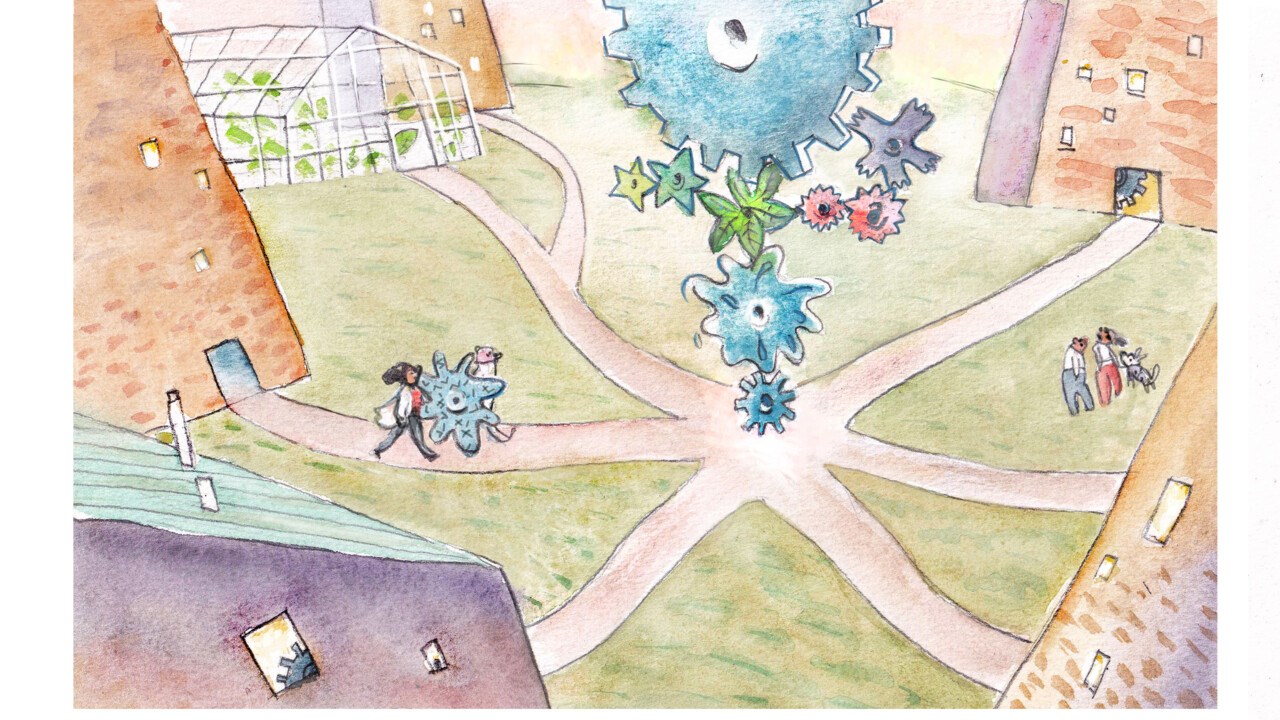Background to the interviews:
In 2007 Chemical Biological Centre, KBC, at Umeå University was established because of “Molekylärt samspel” – an evaluation of the future organization of chemistry in Umeå. The following year, 53 employees at KBC were interviewed about their views and visions of KBC. The material was compiled in the report "Röster från KBC".
In autumn 2022, follow-up questions were sent to the same employees that were interviewed in 2008 and who still had an email address at Umeå University. There were in total 25 people still working at KBC (three of these answered that they had retired but still kept their email). Ten employees sent in answers to the questions: seven professors, one associate professor, one visiting teacher, and one research engineer. In addition, responses were collected from two doctoral students and three postdoctoral researchers (who did not work at KBC in 2008) to obtain views of young researchers about KBC.
The respondents were given eight questions to answer in writing.


